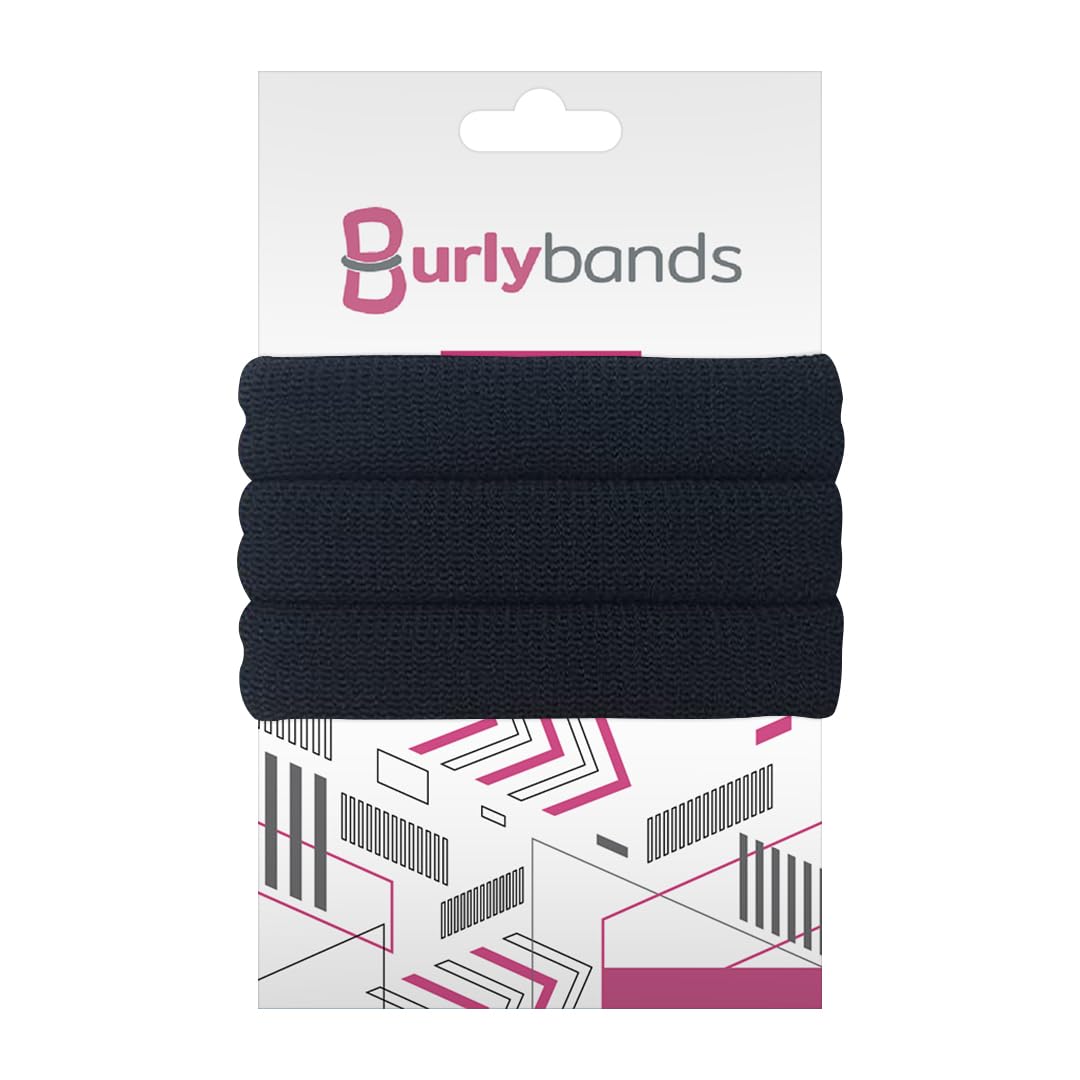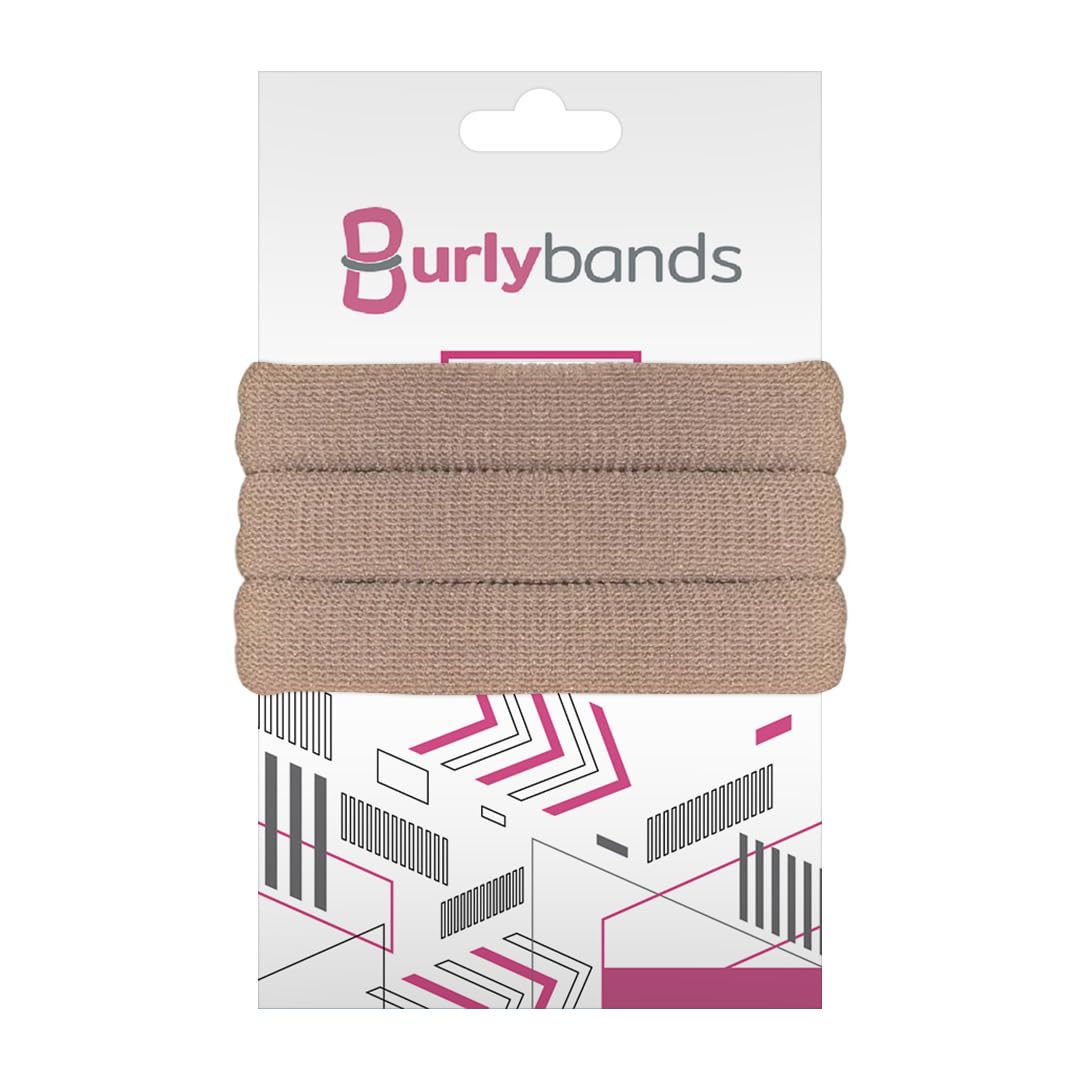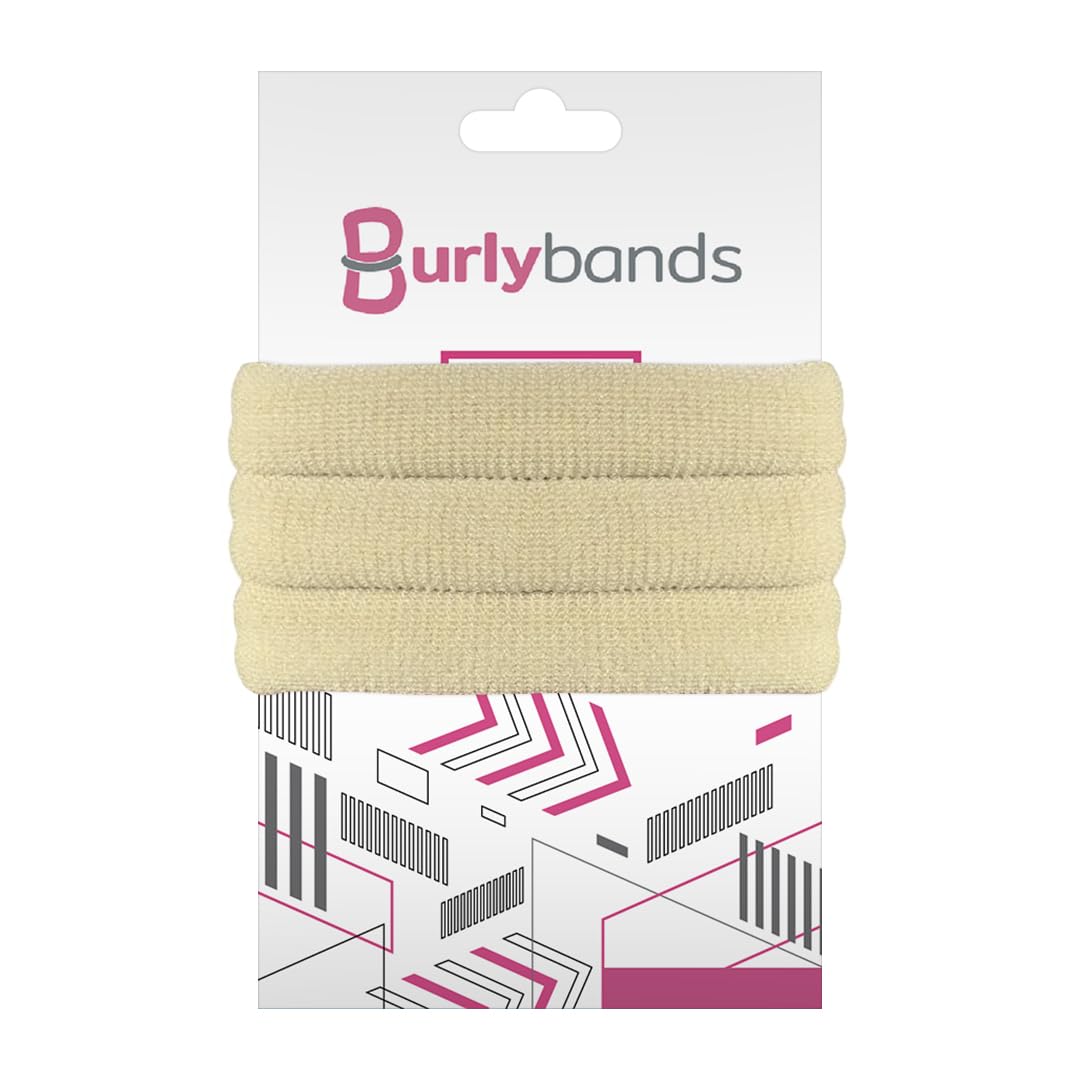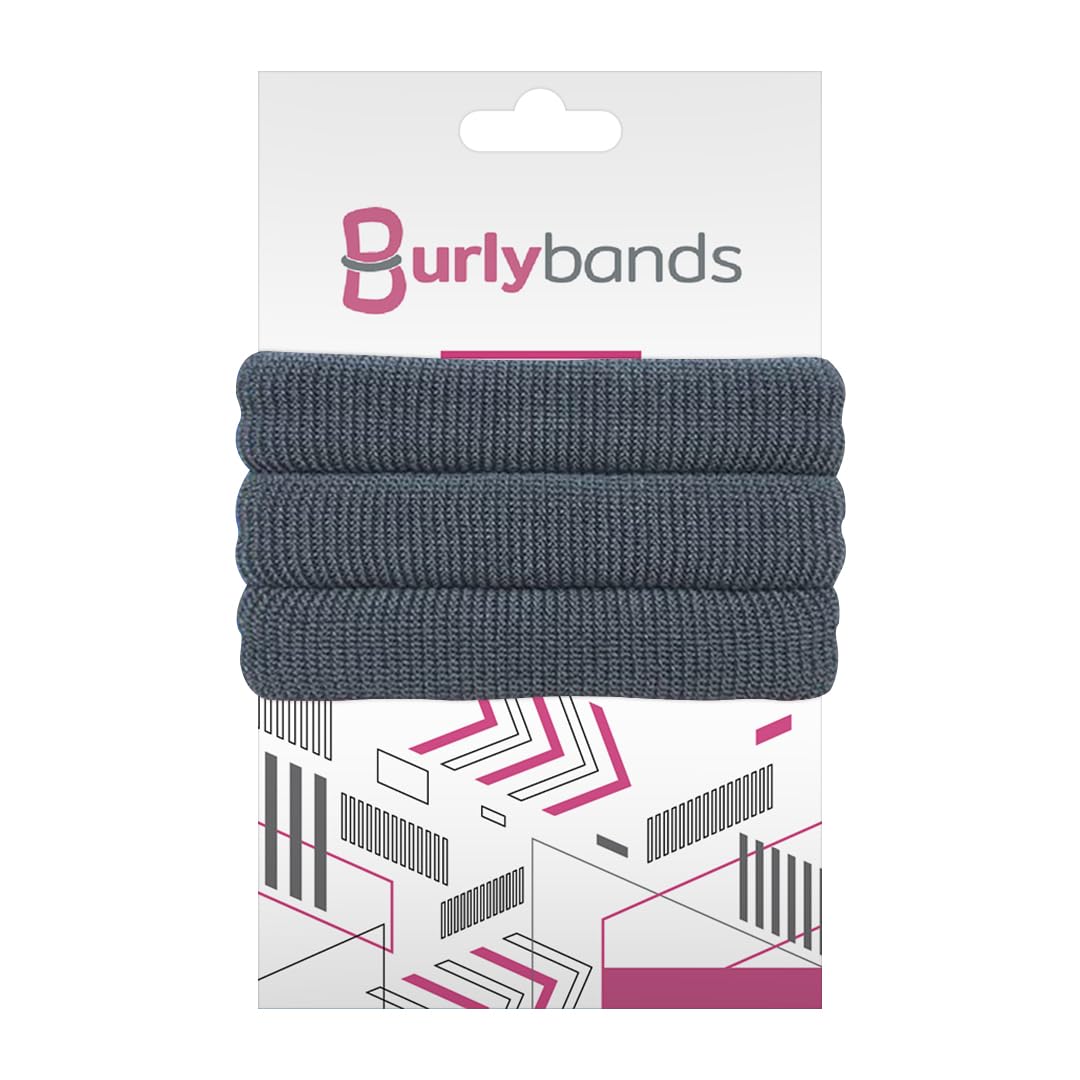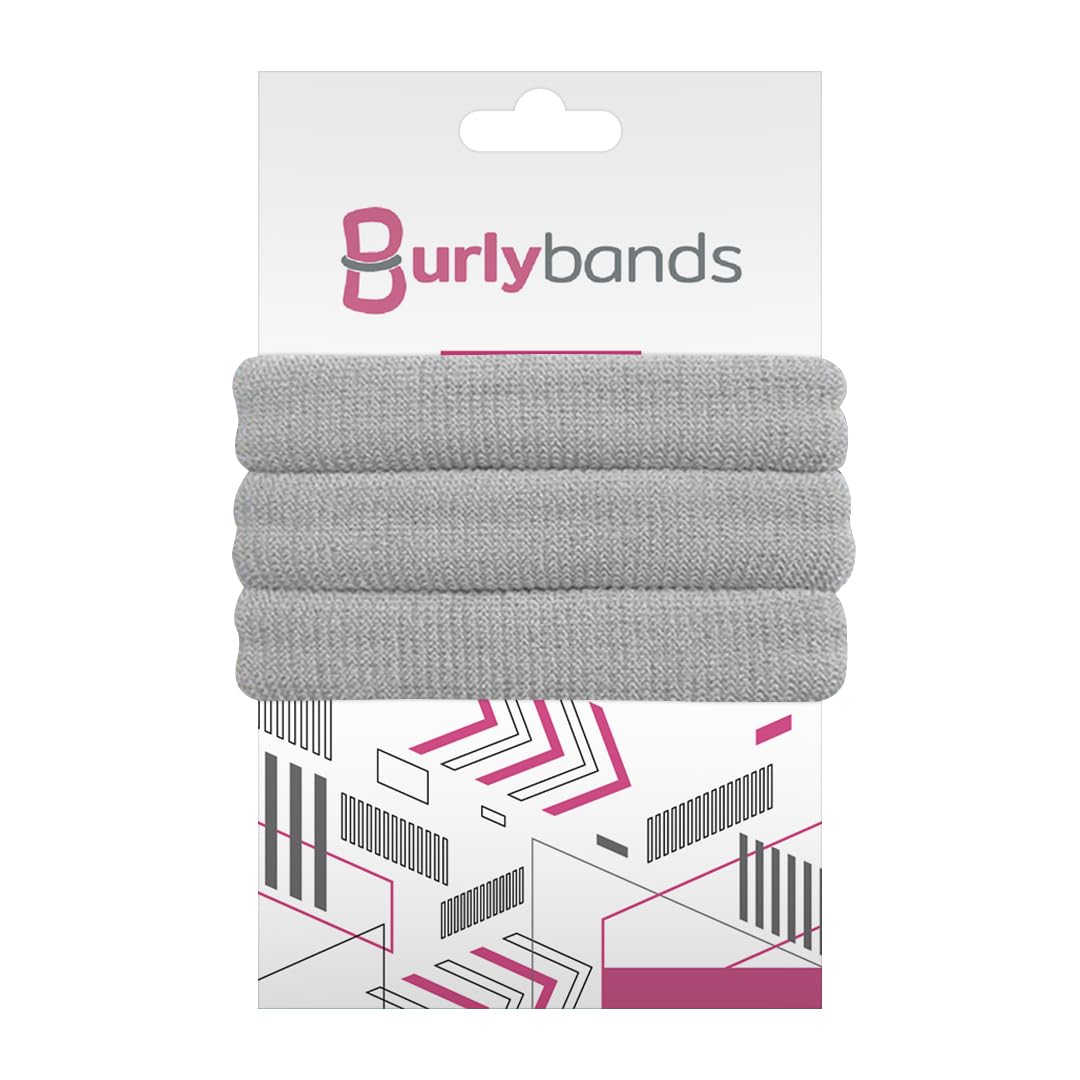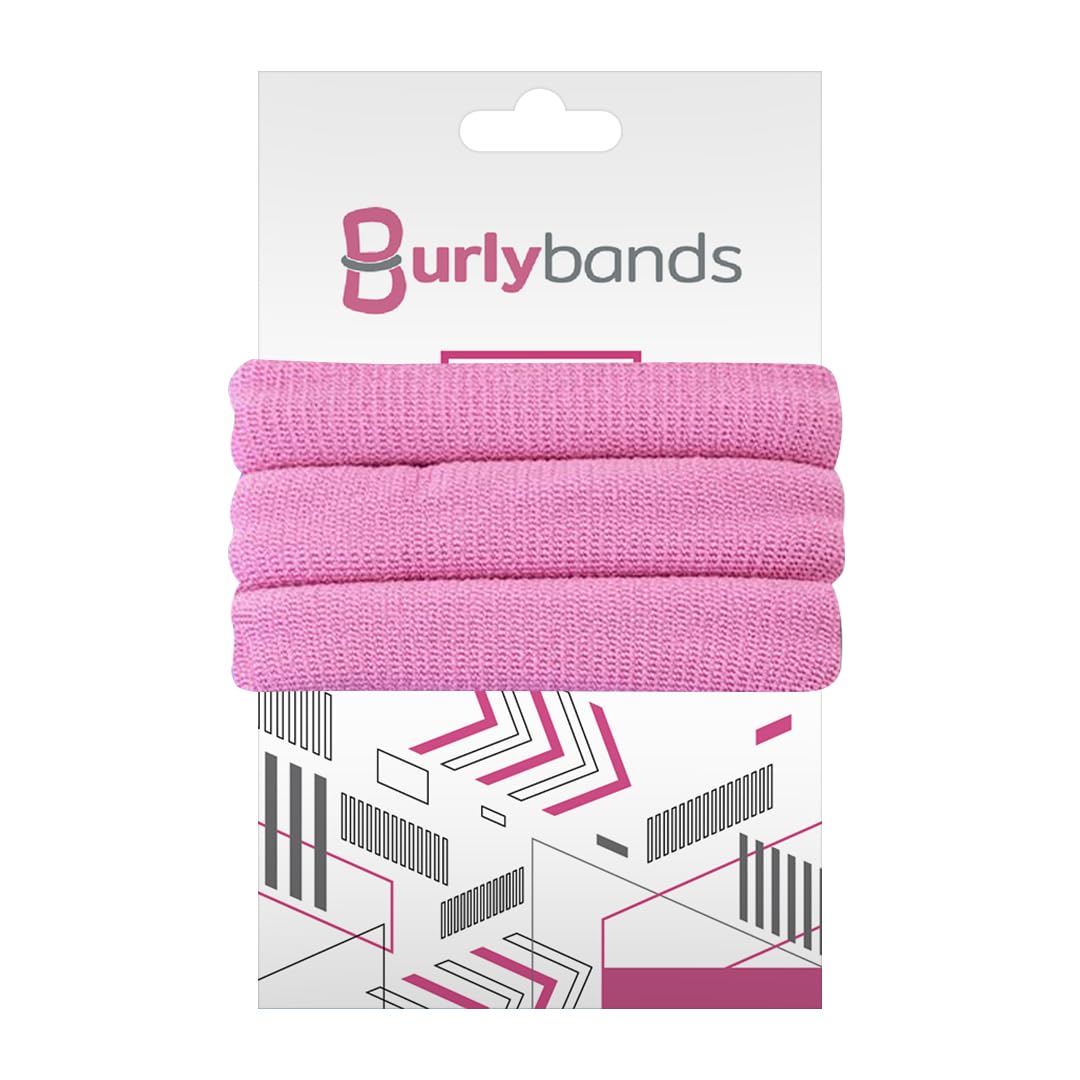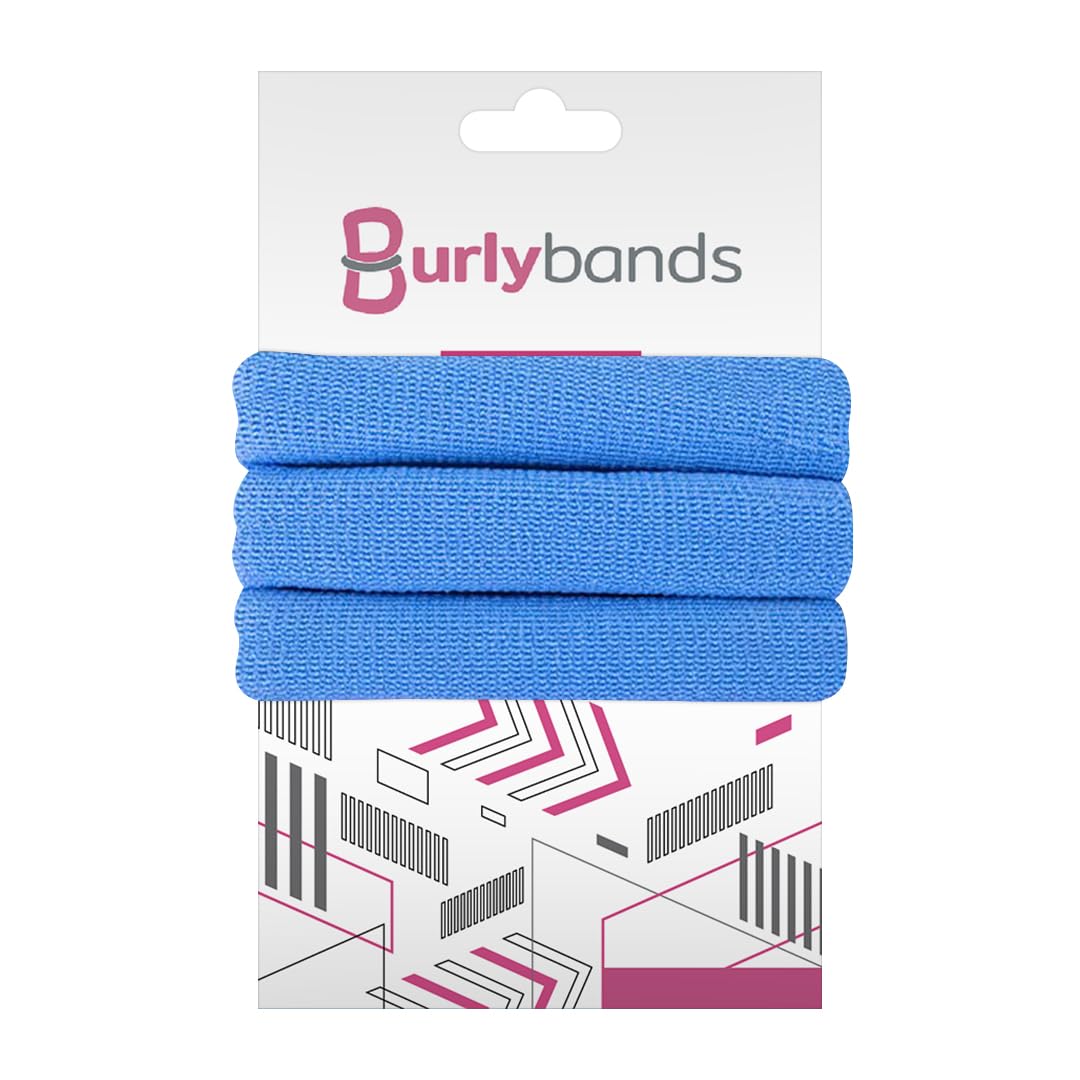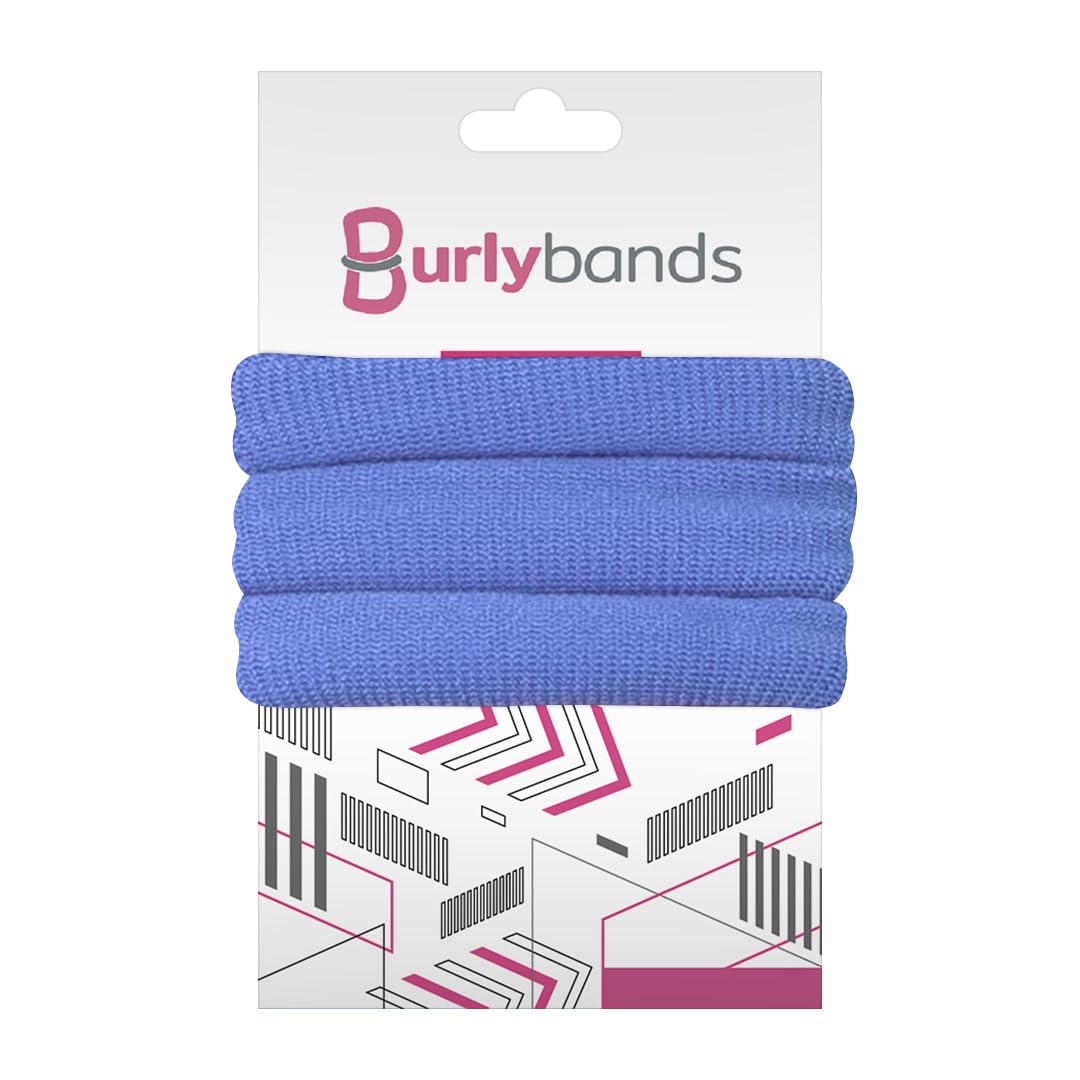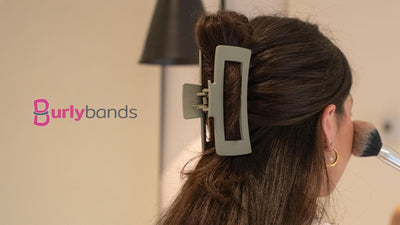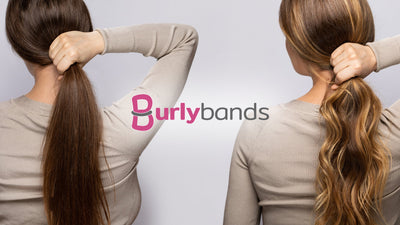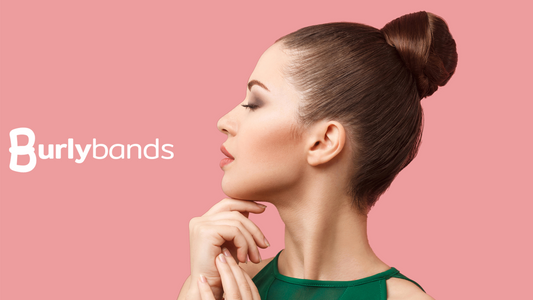Hair texture is often categorized into three main types: curly, straight, and wavy. Although "curly" and "wavy" hair are sometimes used interchangeably, it's important to note that these two hair types are different in terms of curl strength, volume, and structure.
In this blog post, we'll delve deeper into these differences to provide clarity for those who may confuse the two. Let's dive right in!

Curly Hair
Unlike wavy hair, curly hair bends in a 360º spiral shape forming complete circles with well-defined curls. It is often thick, not excessively oily, and tends to be prone to both breakage and frizz. This hair type falls under Type 3, which includes a range of curl patterns. Let's break down the subcategories within Type 3:
Type 3A

Credit: Envato Elements/ rushay1977
Curl type 3A is characterized by big, elongated rings of curls that fall down from the top of the head. This hair type is usually not rough and features huge soft ringlets.
3A curls are recognized for being one of the most manageable curl types, and with the correct tools and products, they may not even need any styling.
Type 3B

Credit: Envato Elements/ riderfoot
This curl type mimics a corkscrew. They're a little tighter wrapped compared to 3A curls and about the size of a marker pen.
However, they are prone to frizz and breakage. To keep your curls under control, consider using products like LUS Brands' Love Ur Curls All-in-One Styler.
Type 3C

Credit: Envato Elements/ YuriArcursPeopleImages
The springs in this hair type are much smaller and more tightly wrapped than the types above. 3C curls have a pencil-like circumference that is closely knit together. As a result, this type of hair tends to be voluminous.
Out of all the curl types covered here, this is the most difficult to manage. Hair gels can help keep your curls in place while also protecting them from frizz. If you're looking for a hair gel that is effective for managing this hair type, consider using the Curlsmith Shine Gel. Made from rare natural ingredients, this product is sure to work wonders on your 3C hair type.
Wavy Hair
Wavy hair falls in between straight and curly hair, with noticeable waves as its standout feature. It looks straight when wet but dries into loose curls or waves. While this hair type is less susceptible to oil accumulation, it is more liable to frizz.
Like curly hair, wavy hair falls under Type 2 and exhibits a variety of textures and patterns:
Type 2A

Credit: Envato Elements/ YuriArcursPeopleImages
This type of wavy hair appears almost straight at the top with subtle waves emerging towards the ends. It's the kind of hair that might trick you into thinking it's straight.
To enhance Type 2A hair, opt for gentle mousses like Maui Moisture Flexible Hold and consider adding some texture with a sea salt spray like OGX Argan Oil spray.
Type 2B

Credit: Envato Elements/ davidpradoperucha
Type 2B waves resemble classic beach waves. They start straight at the roots and become wavy as you move down. This hair type can be a bit trickier, as they tend to get frizzy, especially around the crown. To manage it, use mousses and gels and experiment with different wavy hair hairstyles.
Type 2C

Credit: Envato Elements/ YuriArcursPeopleImages
Type 2C hair has more distinct waves that start at the crown. They might even have a couple of well-defined curls. This hair type is more prone to frizzing and has a thicker structure. A hair diffuser works wonders when it comes to bringing out the actual beauty of these waves.
The Difference Between Wavy and Curly Hair
Wavy hair and curly hair may appear somewhat similar, but they have distinctive characteristics that set them apart:
- Wavy hair is a mix of curly and straight hair. It forms loose "S" shapes and isn't as tightly coiled. Additionally, it's smoother and easier to brush, especially when dry.
- Curly hair, on the other hand, is more tightly coiled, starting right from the roots. It looks like ringlets and is denser and more textured. This type of hair is often full of volume and can be challenging to brush when dry, due to its tight curls and texture.
Hair Care Tips for Wavy Hair

Credit: Envato Elements/ yuriyzhuravov
-
Use lightweight moisturizers to avoid weighing down the waves.
-
Apply a mousse or light-hold gel to enhance the wave pattern.
-
Avoid heavy oils or creams that can make waves look limp.
-
Use a diffuser when blow-drying to boost volume and define waves.
Hair Care Tips for Curly Hair

Credit: Envato Elements/ dasha11
-
Regularly deep condition to maintain moisture levels.
-
Use leave-in conditioners or curl creams to define curls and reduce frizz.
-
Do not brush curly hair when dry. This will cause breakage and frizz. Instead, use a wide-tooth comb when wet.
-
Use a microfiber towel or a t-shirt to dry hair gently to minimize frizz.
Summary
Wavy and curly hair may appear to be similar, but they are very different and require different products. Whether your hair is curly or wavy, you'll need a hair tie to keep it in place. Introducing Burlybands: The ultimate hair tie for all hair types. Check us out today!
 Log in
Log in


